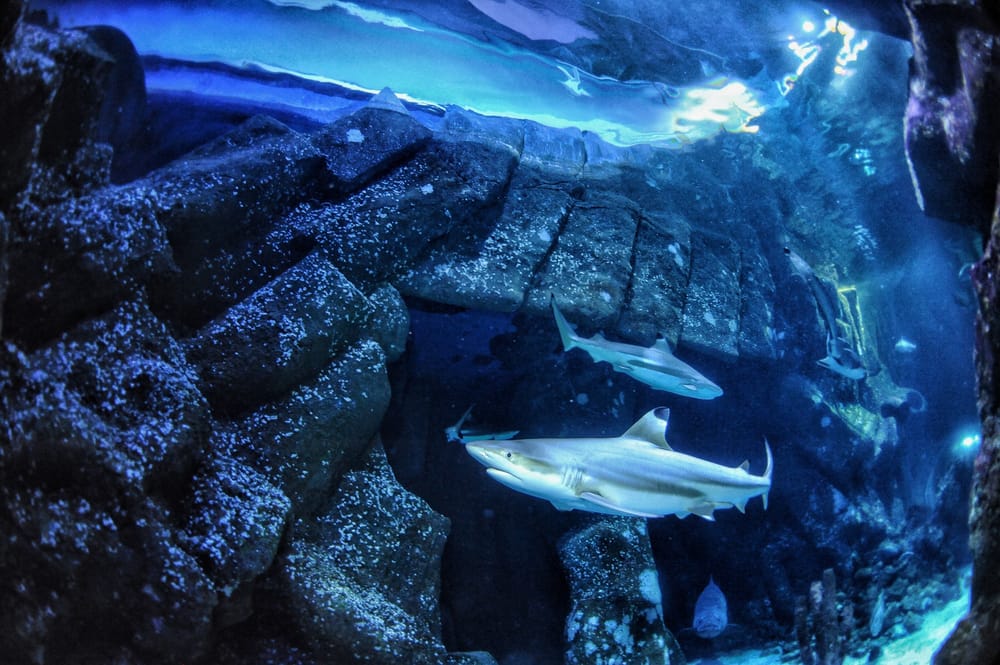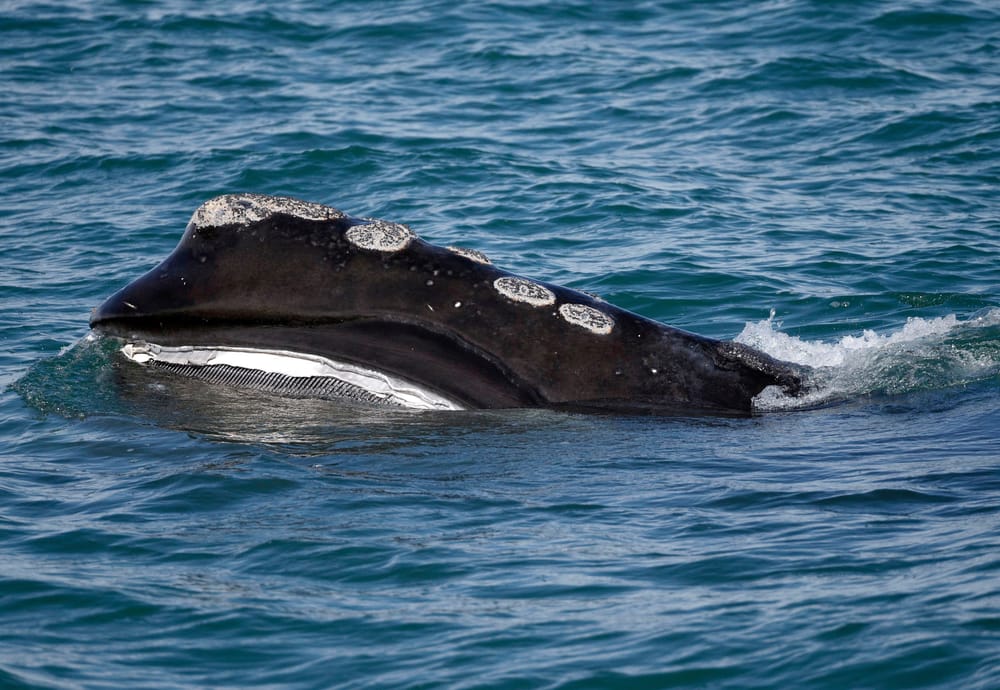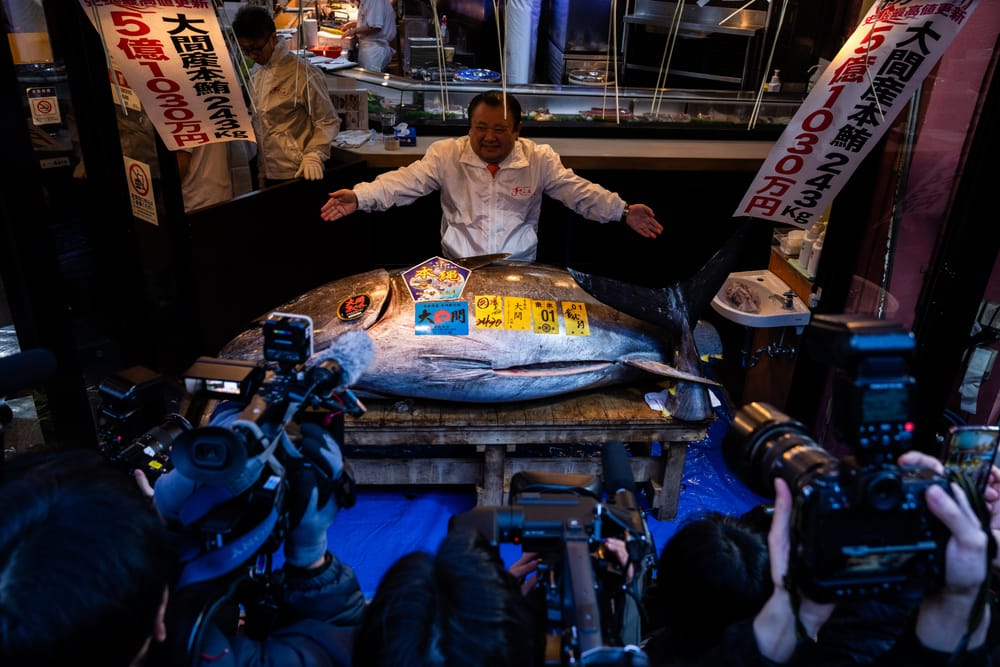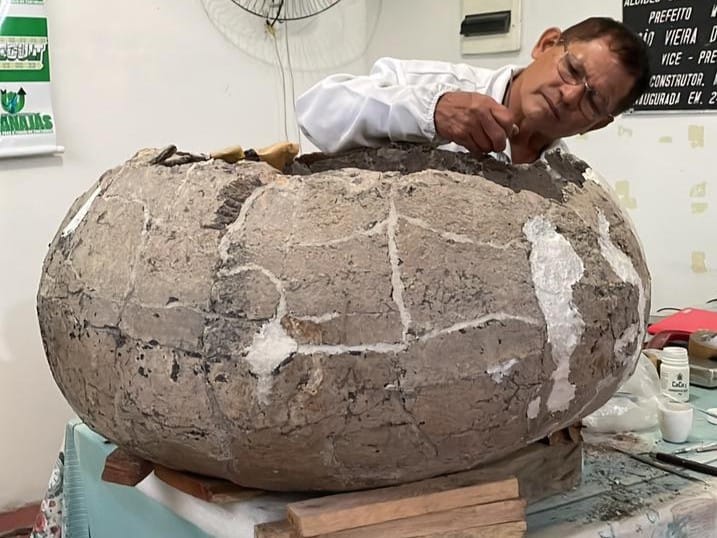Two of the main coral species in Abrolhos decline, research shows
Study mapped 150 years of Brazilian marine fauna records to outline conservation goals
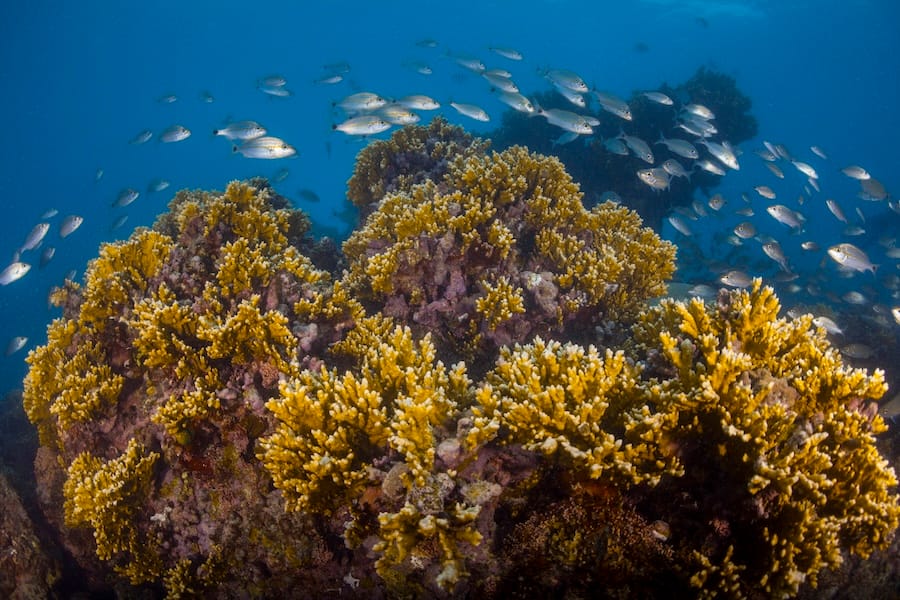
Two of the most important coral species for reef-building in Abrolhos (an archipelago and marine sanctuary located in the southern part of Bahia state, in northeastern Brazil) have experienced a significant decline over the past 40 years. Consequently, there have been changes in the functional structure of coral communities.
“These changes reflect the erosion of reefs over the past 40 years, impacting biodiversity and the ecosystem services they provide”, explained biologist Dr. Carine Fogliarini to Correio Sabiá.
Fogliarini is one of the authors of the study “Revisiting 150 years of coral studies to assess changes in species records, distribution, and functional structure of corals in the Brazilian Province”, published in August 2024 in the renowned scientific journal Ocean & Coastal Management.
The research is part of one of the chapters of Fogliarini's PhD, conducted from 2018 to 2022 at the University of Santa Maria. In an unprecedented search, she investigated 150 years of records of Brazilian marine fauna. To achieve this, she visited museums and libraries to compile everything that had been reported by naturalists who traveled along the Brazilian coast.
This was the first time that a study was able to gather historical information and compare it with modern coral data.
While a decline in two of the main coral species was observed, there was also an increase in the number of species records, due to scientific advancements.
Why does this matter?
Because it helps us understand how coral reefs and marine ecosystems more broadly have changed over time.
Thus, it aids in improving conservation and restoration goals, as it allows us to more clearly see what has been lost, what has changed over time, and what can be recovered from these species that have declined.
The Abrolhos Bank, the largest reef complex in the Southwest Atlantic, for instance, has experienced a "historic decline in key species such as fire coral (Millepora alcicornis) and brain coral (Mussismilia braziliensis), resulting in changes in the functional structure of coral communities," said Fogliarini.
Next steps
The next steps, she explains, are basically two:
- Continue the existing monitoring; and
- Expand the work to other regions, beyond Abrolhos.
The goal:
- Understanding and adjusting coral conservation strategies.
In the researcher’s words:
“We will try to take this study to other regions, to other areas. We focused part of the work on Abrolhos, to see the functional changes in the reefs through the losses we observed in these species.”
“In other regions, we can apply the same study; see if there have been changes in coral abundance using historical data. So, we need this information for each location. In the case of Abrolhos, we had this information clearly through naturalist accounts.”
“For other time periods, we can go further and make this estimate. This is important because we can integrate this information with practical coral restoration actions.”
“It is necessary, really, to continue closely monitoring corals to understand the changes they have undergone over time and the changes that are happening today, due, for example, to climate change, which may be affecting coral communities.”
Restoration measure
As a "restoration measure," the researcher states that it is important to "prioritize species that have declined in abundance over time and that impact the reef's functioning, such as Mussismilia braziliensis and Millepora alcicornis, which are two 'key species' for the biome."
“These are builder species responsible for the formation of the reef. So it is necessary to prioritize the restoration, particularly of these species,” she says.
Autor

Jornalista e empreendedor. Criador/CEO do Correio Sabiá. Emerging Media Leader (2020) pelo ICFJ. Cobriu a Presidência da República.
Inscreva-se nas newsletters do Correio Sabiá.
Mantenha-se atualizado com nossa coleção selecionada das principais matérias.
